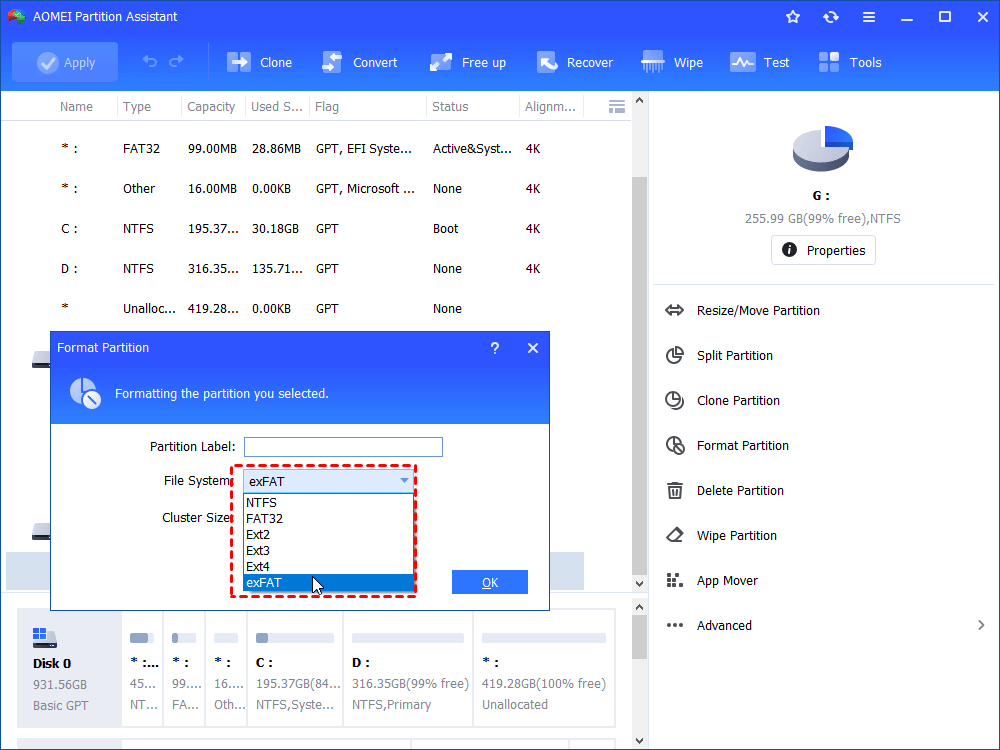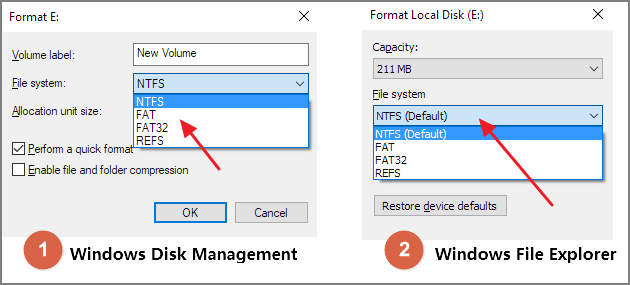

As such this is useful with applications requiring high speed disk access, such a database applications, games (such as game cache files) and browsers (cache files). This generally has a large speed benefit over using a hard disk. OSFMount also supports the creation of RAM disks, basically a disk mounted into RAM. This stores all writes to a "write cache" (or "delta") file which preserves the integriy of the original disk image file. OSFMount supports mounting disk image files as read/write in "write cache" mode. Z:).īy default, the image files are mounted as read only so that the original image files are not altered. \\.\PhysicalDrive1) or logical drive letter (eg. You can then analyze the disk image file with PassMark OSForensics™ by using the physical disk name (eg. Content is for informational or entertainment purposes only and does not substitute for personal counsel or professional advice in business, financial, legal, or technical matters.OSFMount allows you to mount local disk image files (bit-for-bit copies of an entire disk or disk partition) in Windows as a physical disk or a logical drive letter. This article is accurate and true to the best of the author’s knowledge. For USB's between 0 - 512MB: Go for FAT.NTFS is more flexible but it can get more complicated depending on your situation and work habits.

You should choose according to your needs. During the "Quick Format" process, no scan is carried out, and only data is removed.

Can create partitions greater than 32GB.Provides increased security and reliability with file encryption.Less disk writing operations which makes the USB drive faster and uses less memory.Compatible with virtually all operating systems.Takes up less space on the USB flash drive.If the data storage capacity of your USB flash drive is larger than 32GB, then you won't see FAT or FAT32 in the formatting options. In Windows 7, you'll find four different file systems: FAT, FAT32, NTFS, and exFAT. Which File System Should You Choose for Formatting?


 0 kommentar(er)
0 kommentar(er)
